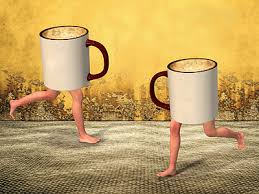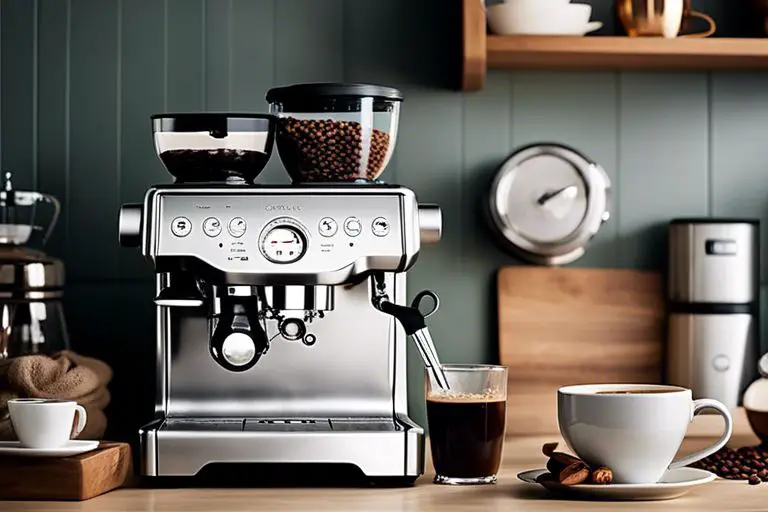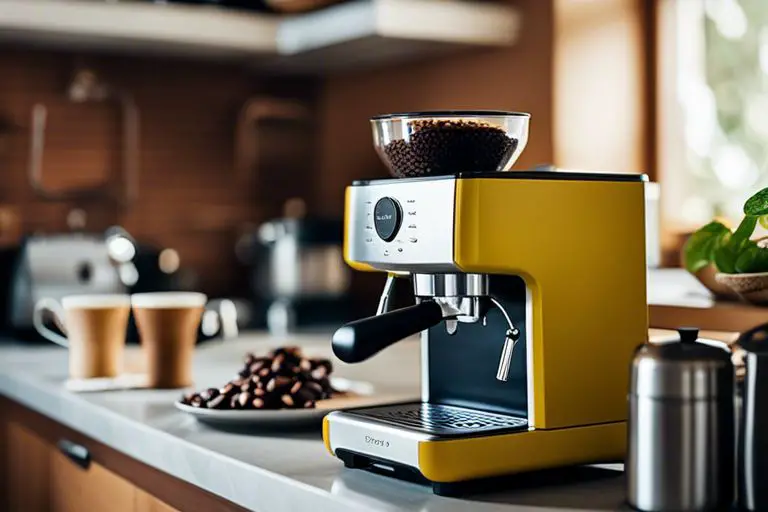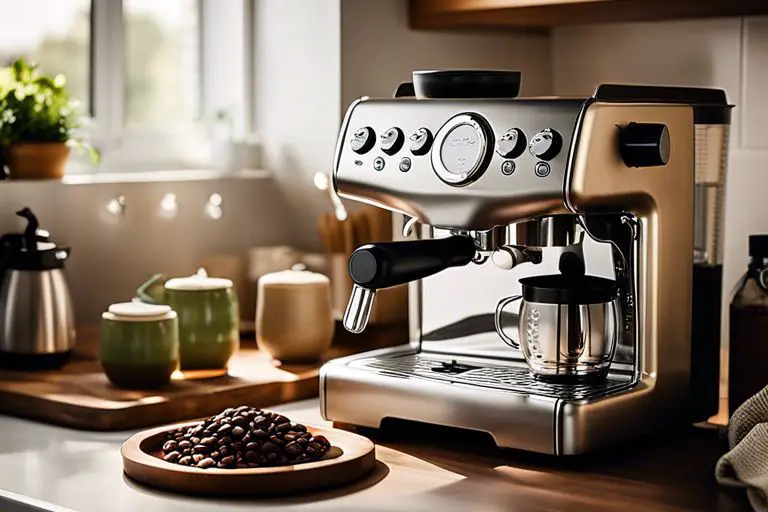A single cup of coffee has more caffeine than a cup of tea because we use more coffee per cup. The average tea bag contains about 2 grams of tea but the average cup of coffee will contain about 8 grams of coffee.
Coffee and tea are the two most consumed drinks in the world and they both contain caffeine but to understand why coffee does have more caffeine than tea there are a number of different things that need to be explored.
The caffeine content changes depending on the type of tea or coffee you use and also the brewing method you choose and how long you brew for.
We will cover all of the things that impact caffeine in tea and coffee so that you can make an informed decision.
Coffee is known as the drink that will kick start your day and give you the caffeine kick required to energise your brain and give you the mental stimulation you need.
Tea, on the other hand, is more likely to be drunk as a way to settle into a bit of relaxation rather than a drink that is going to fire you up and you wouldn’t necessarily put it in the same category when it comes to comparing the amount of caffeine in tea with coffee.
Its widely accepted that caffeine consumption through tea and coffee does not have any adverse effects on health and this has been proven through a wide range of scientific studies.
A lot of people drink 2-4 cups of coffee a day and even if you drink 6-8 cups a day that’s still way below the amount of caffeine that could cause any concern.
This article explains in detail how much coffee is ok before it’s too much:
Can you drink too much coffee?
How much caffeine is in tea and coffee?
Depending on the type of tea or coffee and also the method you use to brew, the amount of caffeine will vary.
Interestingly, the amount of caffeine that is in tea leaves before they are dried out and turned into a cup of tea is higher than the amount of caffeine in coffee beans before they are ground and turned in to a cup of coffee.
Tea leaves have around 3% caffeine and coffee beans around 1.5% but we tend to use about 4 times more coffee in one cup of coffee than we do in a cup of tea.
As an overall average you are looking at about 50mg of caffeine in a cup of tea and approximately 80mg of caffeine in a cup of coffee.
It does vary significantly depending on the type of tea but coffee pretty much has the same amount of caffeine regardless of the roast type.
Lighter roast coffee beans may have marginally more caffeine in them as the longer you roast coffee beans for the more caffeine gets roasted out of it but there isn’t much in it.
This article explains more about the different coffee roast types:
The two most popular types of tea in the UK are black and green and there are different types within each of those types.
Black tea is the type you find in most tea bags and that contains more caffeine than green.
In addition, the amount of caffeine you get in a cup of tea changes significantly depending on how long you steep your tea in the water for.
The longer the tea is in contact with the water for, the more caffeine gets released from the tea and the higher the caffeine content.
If you like a strong cup of tea then it will come along with more caffeine than if you prefer a weak tea.
So with tea, the amount of caffeine is very dependent on the type of tea and how long you brew it for.
There are two main types of coffee bean, Arabica and Robusta. Arabica is generally accepted to be the better of the two with Robusta being reserved for lower quality coffee such as instant.
Robusta has a bit more caffeine than Arabica but what makes the biggest difference in caffeine content with coffee is the method that you use to brew it with.
Espresso has a lot more caffeine than instant because of the amount of coffee used and the way that the soluble coffee is extracted from the ground coffee beans.
This is the approximate amount of caffeine you can expect to find in the most popular tea and coffee drinks based on a 250ml cup:
Black tea – 50mg
Green tea – 30mg
Espresso Coffee – 125mg
Instant Coffee – 60mg
Filter coffee – 100mg
If you take an overall average you are looking at about twice as much caffeine in a cup of coffee compared to a cup of tea.
If you prefer milky coffee drinks such as cappuccino or latte the amount of caffeine would be the same as espresso because the amount of caffeine does not change when milk is added.
Is coffee better than tea?
If you are looking to get the benefits that caffeine provides then you are more likely to get that from a cup of coffee than a cup of tea but there is a lot to be said for both drinks.
I always have a cup of coffee first thing in the morning and mid-morning and then I tend to switch to tea in the afternoon.
If its caffeine you are after then you can lean towards coffee but for overall flavour and enjoyment for me, it’s officially a draw. I love them both and will continue to drink both for as long as I can drink.
If you are looking at it from a health benefits point of view there have been huge numbers of scientific studies on coffee showing that regular coffee drinkers benefit from drinking coffee on a regular basis compared to non-coffee drinkers and the same applies to tea as well.
This article explains more about why drinking coffee is a good idea:
Black coffee and green tea both contain zero calories so you are not going to be putting any weight on if you drink a lot of black coffee or green tea.
Green tea is particularly good because you always drink it plain with water with nothing else added but with coffee most people like it with milk and sugar.
If you make black coffee the right way then it can be delicious on its own with no need to add any milk and sugar to improve the flavour.
These articles explain more:
If you love a hot beverage in the late afternoon or early evening and you like tea but you still lean towards coffee then tea may be the better option.
Caffeine is a known mental stimulant and will keep you awake if it is still lingering inside you when you go to bed.
As tea has less caffeine than coffee I personally choose tea if I fancy a hot drink in the late afternoon up to around 5pm.
It can take many hours for caffeine to pass completely through your body so I never drink coffee after 3pm and no caffeine drinks at all after 5pm.
Both coffee and tea are delicious beverages and the good news is that you don’t have to choose between them.




